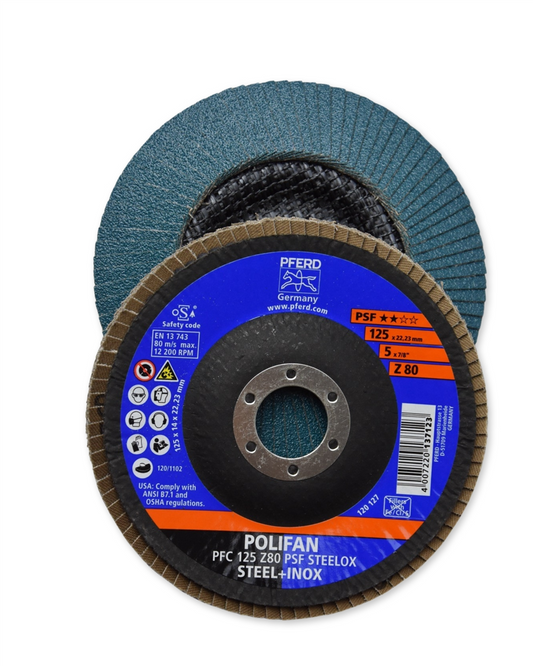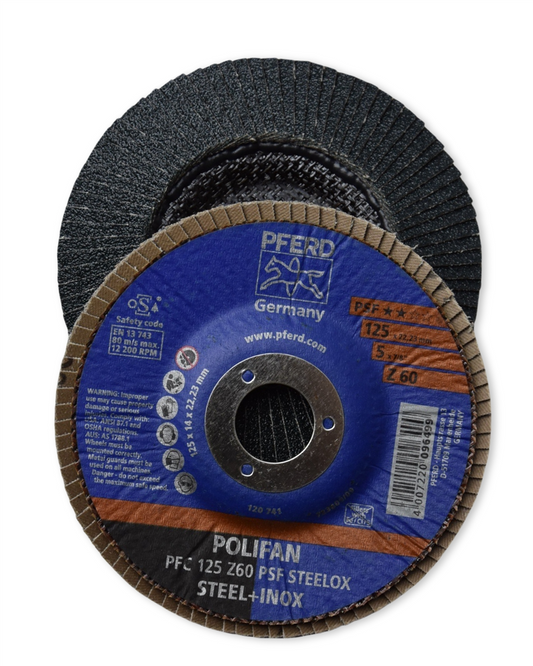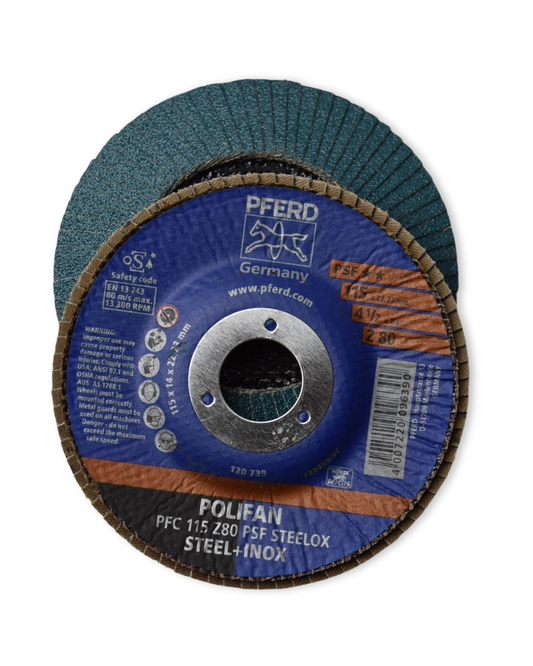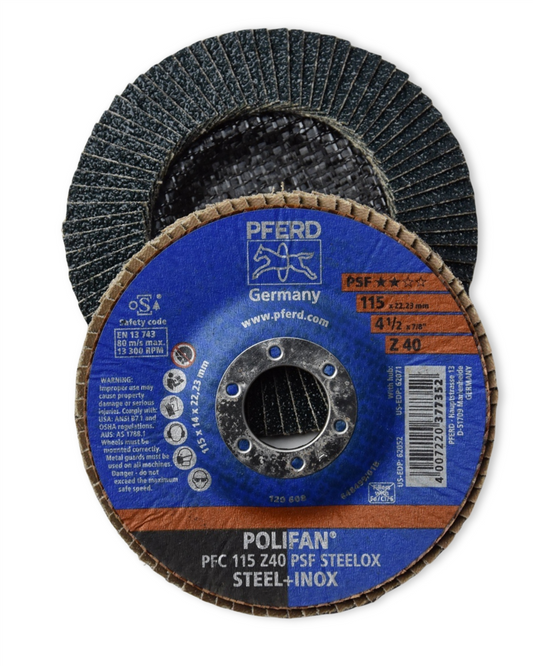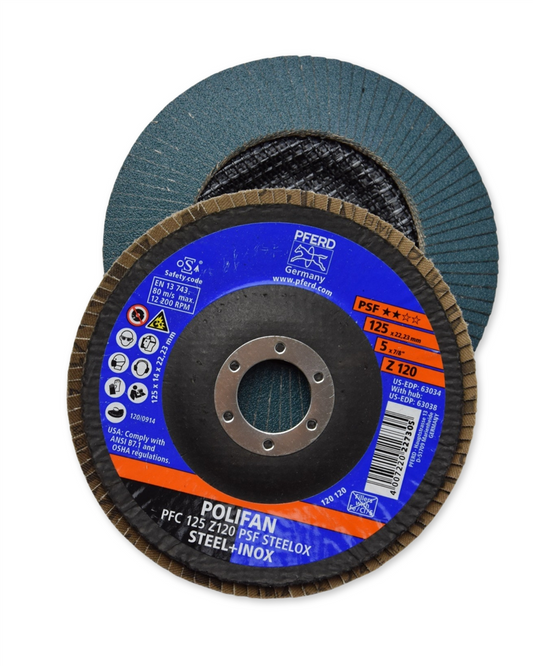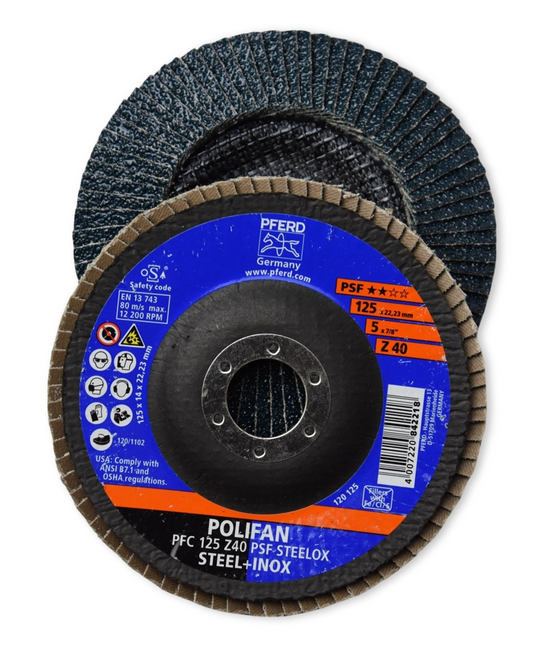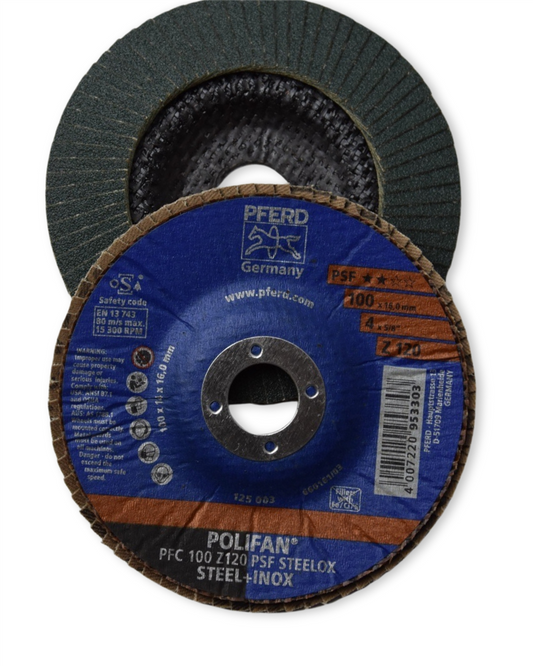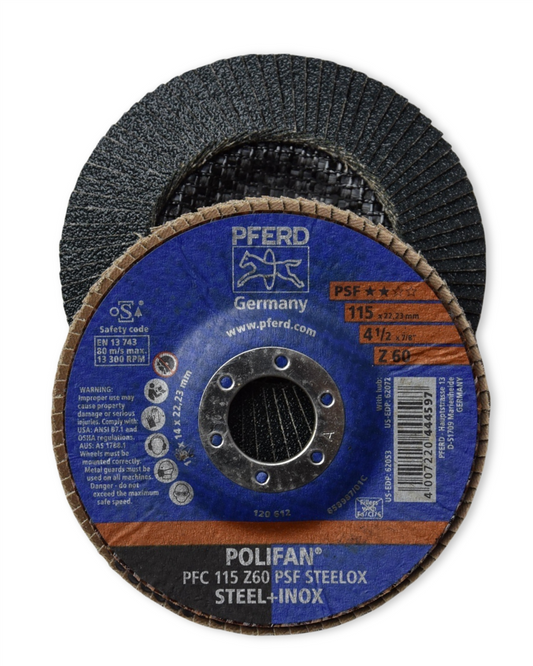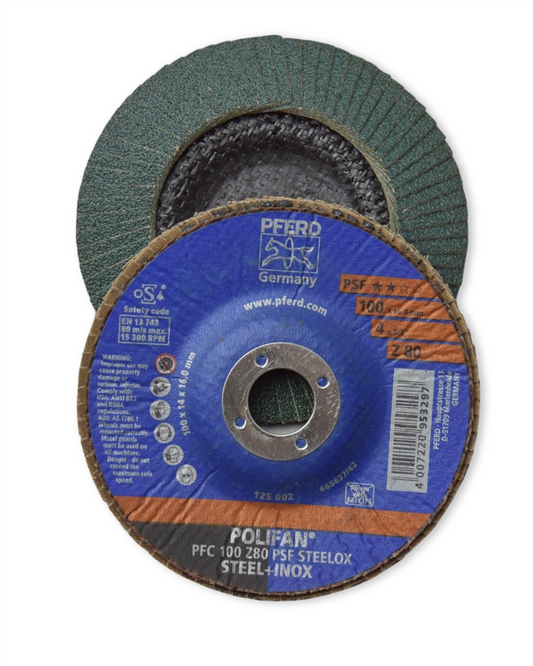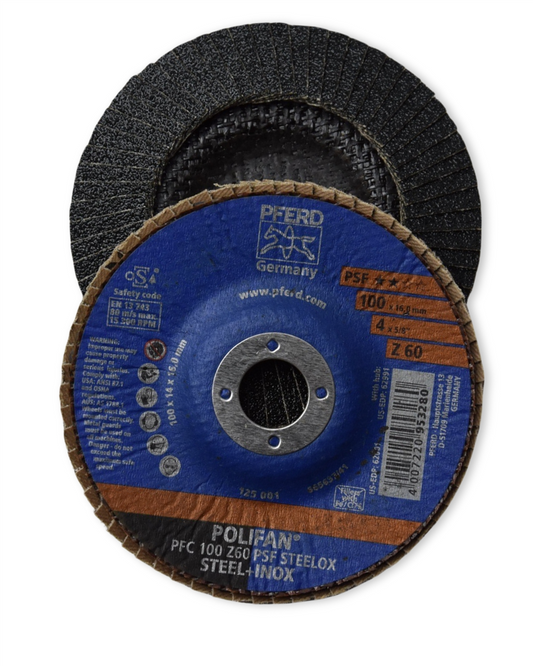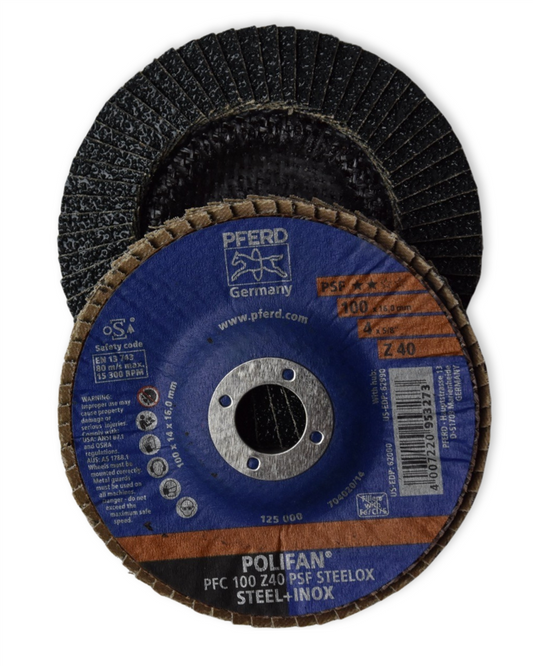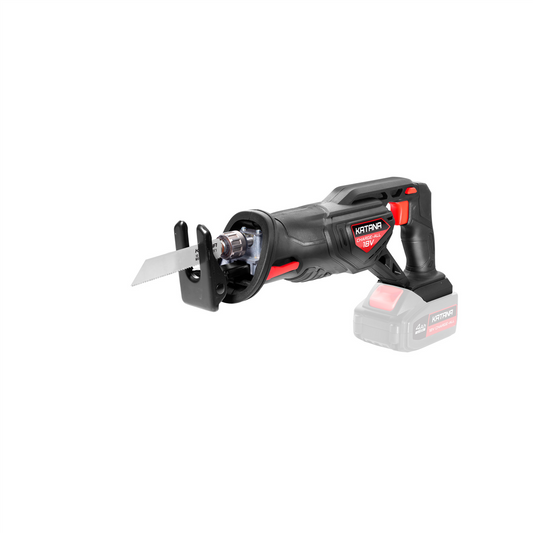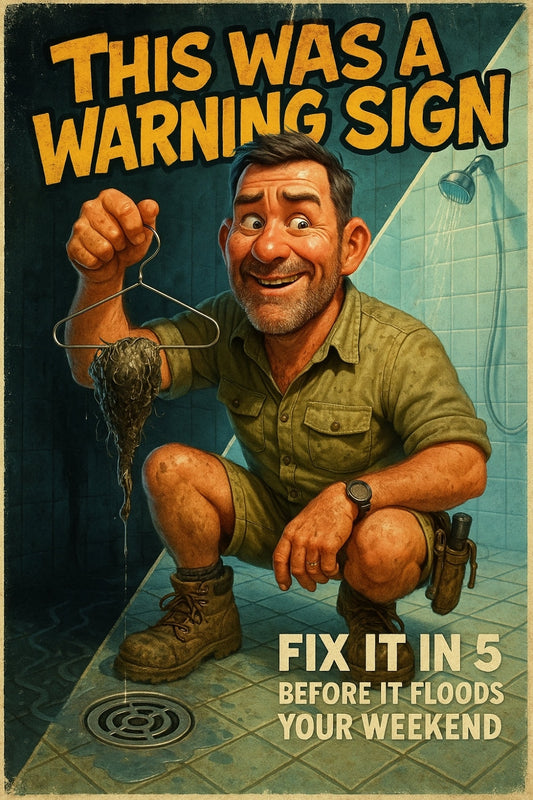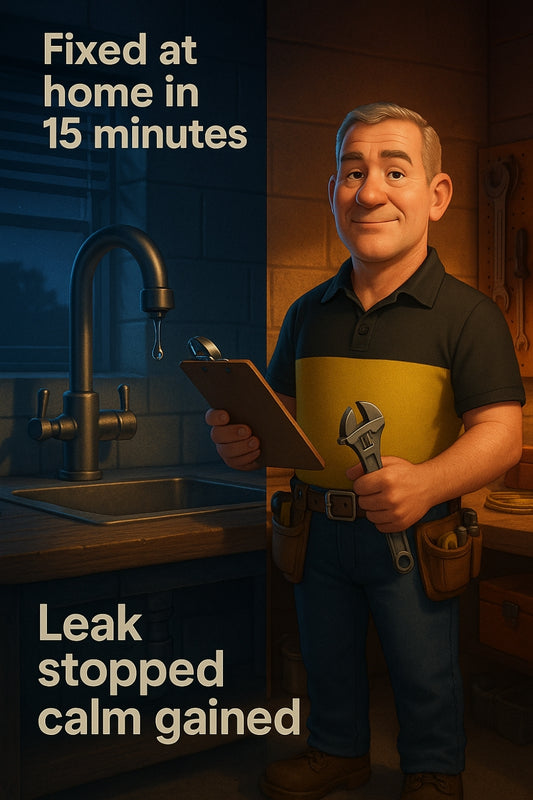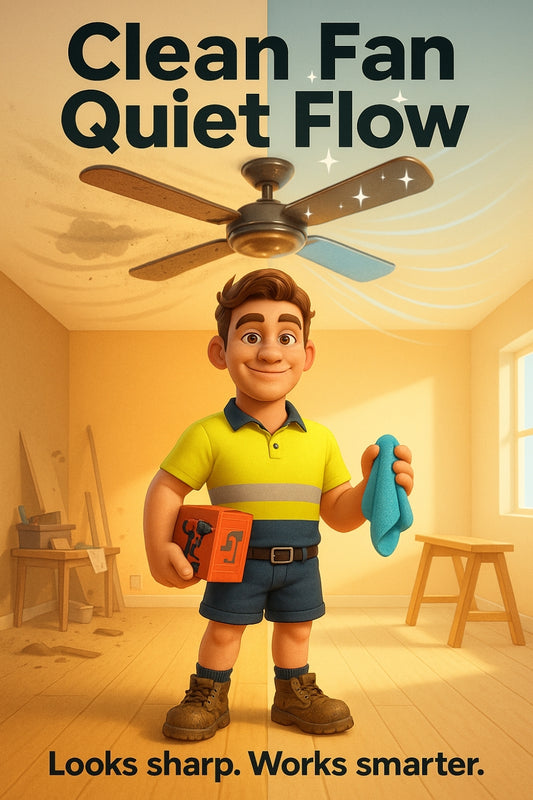Build your own beginner’s toolbox — before small fixes turn into bigger frustrations.
Share
The Simple Tools That Save Headaches, Time and Money Around the House
Life doesn’t wait for the handyman to arrive
That dripping tap. The cupboard door that won’t stay shut. A loose screw on the back gate. These aren’t big jobs — but they’re the kind that drive you mad if you don’t sort them.
Having your own set of basic hand tools isn’t about being a DIY expert. It’s about knowing that when something breaks — you can fix it. No fuss, no phone calls, just roll up your sleeves and get on with it.
So if you’re starting from scratch — or building a kit to give someone starting out — here’s how to build a beginner’s toolbox that’s worth its weight in weekend wins.
The Golden 10: Essential Hand Tools for Any Home
1. Claw Hammer (Trusty and Tough)
The reliable all-rounder of the toolbox. Drives in nails, pulls them out, taps things into place and stands in as a pry bar or doorstop in a pinch. Look for one that feels balanced in your hand with a comfy grip.
2. Tape Measure (Because Guessing Never Ends Well)
Whether you’re hanging a picture or measuring a space for flat-pack furniture, a good tape measure saves you from eyeballing and re-dos. At least 5 metres — and make sure the numbers are easy to read.
3. Screwdriver Set (Flathead and Phillips)
From battery covers to flat-pack challenges, screwdrivers get one of the most regular workouts of any tool. A basic set with a couple of sizes in both Phillips and flathead handles most jobs fine. Magnetic tips are handy too.
4. Adjustable Spanner (The Problem Solver)
Leaky tap? Wobbly outdoor setting? An adjustable spanner saves space and steps in when you don’t have the exact size. It won’t replace a full set on the jobsite — but for home, it’s a game-changer.
5. Combination Pliers (Strong Hands You Borrow)
These do the gripping, pinching, twisting and cutting. Use them for dodgy wires, stubborn nuts or stubborn curtain hooks. Don’t confuse them with needle-nose pliers, which are more specialised.
6. Spirit Level (Keeps Things Fair and Square)
Hanging shelves? Curtain rods? Frames? A level saves awkward tilts and the feeling that something’s “just a bit off” every time you walk past. Get a small one that’s easy to store but long enough to be useful.
7. Utility Knife (Masking Tape’s Worst Enemy)
Use it to open boxes, trim lino, score drywall, or even slice through old silicone. Always retract the blade when finished – and keep spare blades somewhere safe.
8. Allen Key Set (Flat-Pack’s Secret Language)
Nearly every ready-to-assemble bit of furniture comes with a fiddly little Allen key — that disappears the minute you clean up. A decent set (preferably on a ring) saves future tantrums.
9. Handsaw (Because Sometimes You Just Need to Cut It)
Whether it’s timber edging, PVC pipe, or trimming a stubborn branch, a basic hand saw is all-purpose, no-battery backup you’ll be glad you’ve got. Just keep it dry so it doesn’t rust.
10. Torch or Work Light (Because Not All Jobs Happen in Daylight)
Power outage. Under the sink. Edge of the shed. There’ll come a moment you need light, hands-free. Get a decent torch or clamp-on LED work light — it’s worth every bit of shelf space.
“The best toolbox is one that’s used. It doesn’t have to shine — it just has to work.”
Smart Add-Ons: Bonus Items for Bigger Wins
Once you’ve locked in those ten, you’ll be ready for most general home fixes. But depending on what you’re up to — a few honours mentions are worth a look:
- Stud finder – when hanging heavier items, like mirrors or shelving
- Cordless drill – for power, speed and precision in one hand
- Putty knife – for wall patching, scraper duty, or applying filler
- Electrical tester – handy for checking outlets & safety switches, especially in older homes
Where Should You Keep It?
Near enough so you’ll actually use it. Might be the laundry cupboard, under the sink, or a proper lockable toolbox in the shed. Just don’t bury it so deep you give up looking and end up using a butter knife as a screwdriver (again).
Tips for Buying Starter Tools That Last
- Comfort matters: If a handle feels awkward now, it won’t improve mid-job.
- Choose known brands: They’re easier to match when something needs replacing or upgrading.
- Check the warranty: If they’ve built it properly, they’ll stand behind it.
- Ask someone in the know: Every tradie started somewhere — and most love sharing what works.
What If You Don’t Know What You’ll Need Yet?
That’s completely normal. The truth is, most of us build our toolbox job by job. You’ll buy a tool when you need it — and over time, you’ll notice you've built yourself a little arsenal of trusty problem-solvers.
But starting somewhere — with a thoughtful, simple kit — is the first step. These tools aren’t just for projects. They’re what keep life running smoothly when the small stuff goes wrong.
And if you're standing in the aisle wondering whether that tape measure’s long enough... take it from someone who’s had the wrong one more times than they'd admit — go the extra metre.
Ready to Build Your Toolbox?
Come down, have a yarn with someone who knows what’s worth your time. We’ll help you build a kit that makes sense for your home, your projects, and your peace of mind.
It’s not about having it all, it’s about having what you need — when you need it.
Catch you round,
Candeece

Stay Connected
Follow our Facebook Page: Strathalbyn H Hardware on Facebook

